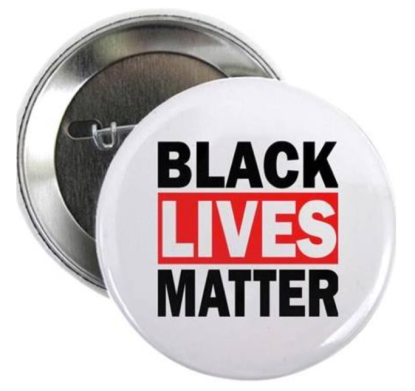I’m happy to report that the Etiquette of Inequality is basically up and running. I’ve had a steep learning curve when it comes to project administration and the hiring, training, and supervision of research staff. I can’t say that I love that aspect of things especially since, teaching and family demands being what they are, time spent getting trained on the new system for submitting reimbursement requests, approving time sheets, lobbying for institutional support, etc, is all time that I could have spent doing sociology.
All the same, it is so wonderful to be back out in the field. How different this project is from my solo ethnographic research in Lewiston! Over the next couple of years I plan to use this blog to begin recording and working through the experience of doing team ethnographic work as a novice PI who is not working at a research-oriented institution. Today I want to reflect on team research and getting out into the field.
I spent much of the summer writing job descriptions for, interviewing candidates for, and hiring the project’s 5 research positions (3 undergrads, 1 grad student, 1 postdoc). I also cleared as many administrative hurdles as possible – Pace IRB, NYC Dept of Ed IRB, making initial plans with gatekeepers of the sites. When doing field studies, the unexpected should be expected. Indeed, this summer contingencies arose in 2 out of 3 field sites. Entry into those sites was pushed back a bit.
Then there is the complexity of life. Although I’ve done independent field research, worked within large team projects, and supervised others, I’ve never been in the position of having a team of people who are there to implement my own research idea. Things are also more complicated than they were when I was out in the field in Lewiston. I have a family. I am conducting field research while also teaching 2-3 classes per term, sitting on committees, supervising student internships, etc. To say that I have been overwhelmed is an understatement, and sitting down with the team for that first meeting, I realized that I have absolutely no idea what I am doing. It seemed impossible for me not to fail.
But then this amazing thing happened: my postdoc and grad student were all set to go, and my undergrads (all soc majors who had done great field observations in previous classes with me) were excited and eager to begin as well. So, despite my reservations, trepidations, and downright panic that we weren’t ready – things that, had I been working alone, would have had me feeling awkward as I skulked around my field site for a couple of more weeks before daring to speak to anyone – I said, “OK, let’s get started.” And so we did. It’s early, of course, still plenty of time to crash and burn, but it doesn’t feel like that is going to happen.
There are also still lots of things to get sorted out. But I’ve had to decide that it is OK for me to figure things out as I go. For example, at this point I am not exercising any control over the form and content of the fieldnotes save that they are written immediately, and that they include detailed description first and foremost with analysis and reflection as well. Is this the best approach? I’m not sure. As each site has 2 researchers (plus me), it has been interesting to see the variation in our fieldnotes regarding the same events – not just analysis, but description, too. Ultimately, especially since I cannot always be in the field, I will have to push for details on the things that are most germane to the study, but, really, the data is much richer on account of the fact that multiple ethnographers are producing it. I worry about what will be lost if I send folks out into the field with a series of questions to answer or facts to report.
We’ll see, I guess.









